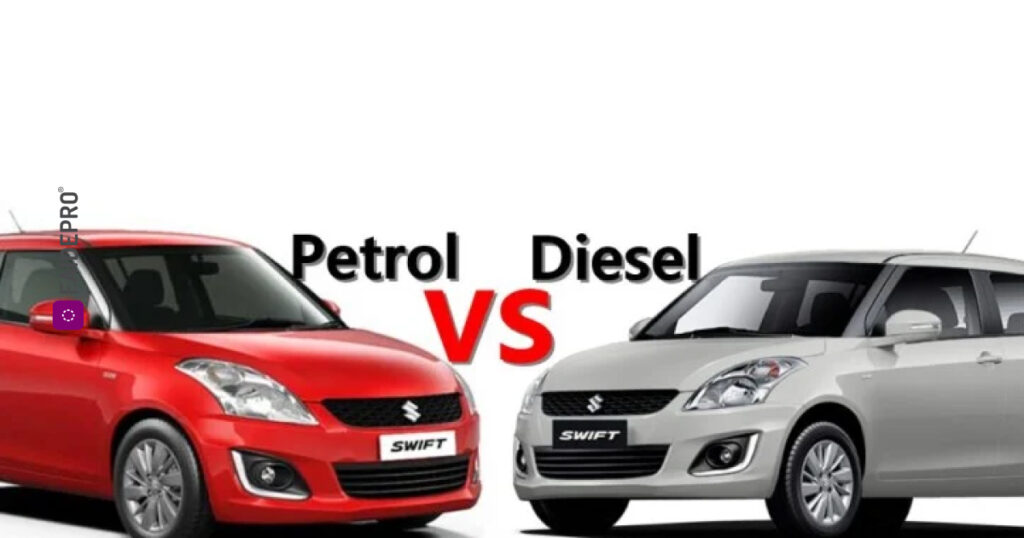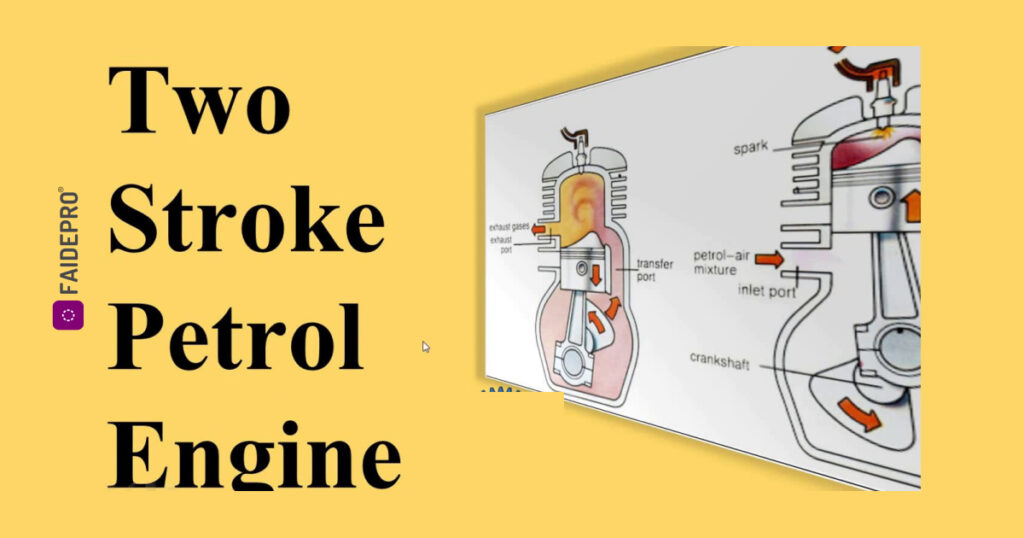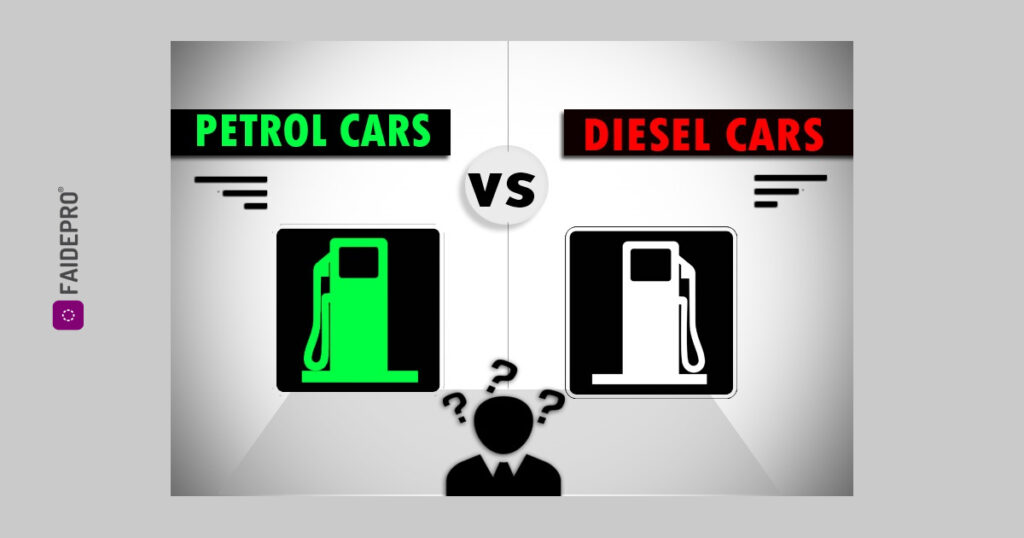New cars come with features that are technically more advanced and These features are new and will provide you’re the best driving experience. New features and models that have been introduced in the cars will not only provide you additional safety but will also make your
As the time passes the technology advances and the newer options become available. But often buying a new car is a tedious task as gazillions of options are available nowadays and it sometimes becomes difficult to make appropriate choices. Hiring a car dealer can help you a lot to make a decision according to your budgets and needs. driving much more luxurious, comfortable and convenient. Automotive services have become an important need for everyone.
But the most important design that you have to make is whether to buy a petrol car or a diesel car. Choosing petrol or diesel power is one of the first decisions you’ll have to make before buying a new car. What’s going to be best for your type of motoring, for the environment.
The Diesel versus Petrol engine comparison has been ongoing since the time of their inception. Each has its pros and cons. The primary difference (as most of you already know),
is that petrol engines use spark plugs to ignite the air-fuel mixture, while diesel engines rely on heavily compressed air without any spark plugs. So, in diesel engines, air is very heavily
compressed, typically to around 14 to 23 times its original volume, while in petrol engines, the compression ratio is generally much lower (typically 7 to 10, with high-performance
compression ratios of up to 13).
Last year based on a survey conducted on automobile services, before the BS6 emission norms came into effect, industry experts predicted that the demand for diesel-powered
vehicles would drastically fall. The main reason behind this situation is the major price difference between equivalent BS6-compliant petrol and diesel automobiles. As a result of
this a few carmakers decided to discontinue diesel engines, but a few decided to keep them.
In February 2021, i.e., last month, 16.8 percent of all cars sold in the Indian market had diesel engines. Although the figure is quite small compared to petrol-powered vehicles, it
should be noted that diesel vehicle options are relatively limited in number.
Earlier, deciding between a diesel and petrol car was not a difficult decision. Those who would clock more kilometres on their vehicle used to prefer diesel vehicles because of high
fuel efficiency and significantly lower price as compared to petrol. But over the last few years, the demand for diesel vehicles in India has plummeted, largely because of the
narrowing price difference between the two fuels. Furthermore, diesel vehicles have also been earning bad rap for emitting more pollutants as compared to petrol counterparts,
which has also affected their sales.
If you too were preparing to buy a diesel vehicle, then here are some of the factors which might push you to opt for petrol cars instead of diesel
vehicles. If you are also looking for best deals on cars you can avail best Automotive services.
PETROL VS DIESEL CARS WHICH IS BETTER?

There has always been a misbelief conception that developed a negative perception that diesel cars are smaller, slower, smellier, noisier and much more expensive that petrol cars.
But there are still some large differences in the characteristics of cars using the different fuels that makes them suitable for different uses.
Advantages of Diesel: –

● Diesel cars provide the perfect driving experience. Diesel cars offer more low-speed torque because of which they have better overtaking power and towing ability.
● Financially the diesel engines are much more efficient and use 15-20% less fuel meaning cheaper running the costs. The cars historically have tended to have a slightly higher resale value but this is not consistent with time and it keeps changing.
● Diesel is proved to be beneficial for the environment also, lower CO2 emissions mean that diesel from before April 2017 get a lower tax brand than petrol engine
cars. For newer diesel cars through, tax is typically higher than for petrol.
● On average, diesel fuel is cheaper at the pump than gas. Only in high-tax cities and states does diesel cost more. The reason is that it’s cheaper to produce diesel fuel
and its demand is not as high. Diesel engines can run on biodiesel, as well. That is a mix of recycled, natural oils and animal-based fats that have been refined and modified to stay liquid and flow freely through a fuel injection system.
● Diesels have a compression-ignition system that is highly efficient. The engine uses high compression to heat the air within the cylinders to create combustion. The
higher compression equates to a higher internal temperature in the engine. The higher temperatures translate into greater energy output and the consumption of less fuel to perform the same work as a gasoline engine. Consuming less fuel means fewer stops at the pump and less strain on valuable natural resources.
● Diesel engines have fewer moving parts in them than a gasoline engine. Fewer parts mean fewer things that can wear down and break. Diesels don’t have spark plugs in them or distributor caps like gas engines, meaning they won’t ever have to be changed or repaired. The diesel engine is inherently stronger, more durable, and will last much longer. A diesel engine is just getting broken in around 200,000 miles.
Disadvantages of Diesel : –
● Diesel engines tend to be slightly noisier but significant measures have been taken to improve this problem.
● Despite lower carbon dioxide emission, diesel fuel produces tiny particles like PM 10 and PM2.5 which are linked to breathing disorders such as asthma and many other respiratory problems.
● Diesel cars usually cost more than petrol. Diesel fuel is more expensive than petrol and servicing or fixing a serious problem on a diesel car might be slightly more expensive. New diesel cars also cost more to tax than petrol cars, and depreciation is now slightly higher. There are a number of new charges, such as the London T-Charge and Ultra Low Emissions Zone, that will make it more expensive to drive some diesels in certain cities.
● If you neglect the maintenance and the fuel injection system breaks down, you may have to pay a diesel mechanic more money to get things fixed than you would to repair a gasoline system because diesel engines are more technologically advanced.
● Although diesel fuel is considered to be more efficient because it converts heat into energy rather than sending the heat out the tailpipe as gas-powered vehicles do, it doesn’t result in flashy high-speed performance.
● Diesel still need regular maintenance to keep them running. You have to change the oil and the air, oil, and fuel filters.
These advantages and disadvantages are considered to be very important factors in order to decide the quality of Automobile services provided by the different types of car.
Advantages of Petrol: –

● Petrol engines tend to be less noisy.
● While carbon dioxide emission is higher than diesel, petrol cars produce less of some other dangerous emissions like nitrogen.
● Petrol is cheaper than diesel fuel and the cars tend to be slightly cheaper to buy and service.
● Petroleum isn’t the highest density fuel resource on our planet, but it is one of the best. When petroleum is refined and combusted, it generates a power ratio of 1:10,000. It only takes a small amount of fuel to create a substantial amount of energy. The fuels can then be turned into resources that allow us to operate everything from vehicles to lawnmowers.
● When petroleum is extracted, the liquid form is easy to move from location to location because of its viscosity. Transportation networks that include pipelines, trucking, and tanker-based shipping can quickly bring petroleum from one part of the world to another. The world’s longest crude pipeline extends more than 2,300 miles, running from Edmonton to Montreal, with a stop-over in Chicago.
● If you decide to convert your petrol car into a CNG you are in luck because it won’t take a lot of modification necessary for it to do so. Converting a diesel engine into a CNG however, requires a lot of modification to the engine and is way costly compared to converting a petrol engine.
● Earlier people used to buy a costly diesel car and with the difference in the price of petrol and diesel, they would make all the extra money spent back in a year and then spend less than a petrol owner would. Now however this has changed. First of all, as we already covered due to the increased taxes on diesel cars they are really costly compared to petrol cars and even more so the fuel prices are almost the same. This year even saw diesel be costlier than petrol in Delhi.
Thus, it can be said that the quality of petrol engines is somewhat better in comparison to a diesel engine. If you also want best deals and offers on cars as well as guidance according to
your needs to avail the best car dealer services.
Cons of petrol engine: –

● Petrol engines need the driver to change gear more regularly, for example when overtaking, to make the most of the engine’s power – but some people will actually prefer this style of driving.
● Petrol engines deliver lower fuel efficiency figures in comparison to the diesel variants. Cost of petrol is also higher which in turn adds up to the overall running cost
● The Petrol version does not command a good resale value in the used car market.
● Petrol versions haven’t been much of a success with bigger vehicles
● Engines are less efficient and use more fuel than diesel.
● petrol engines emit more CO2 than diesel cars.
Hybrid car: – another option: –

If you are not able to decide between a petrol car or a diesel car, then you can also consider hybrid cars as a good option. A hybrid car is the one which uses two or more distinct types
of power such as petrol or diesel. A hybrid car can take power by an internal combustion engine and an electric motor, it uses energy stored in batteries. A hybrid vehicle cannot be plugged in to charge the battery, instead the battery is charged through regenerative braking and by the internal combustion engine. Many companies are choosing hybrid engines as an option for their upcoming SUVs under 5 lakhs.
With all of them, electricity comes from a high-voltage battery pack (separate from the car’s conventional 12-volt battery) that’s replenished by capturing energy from deceleration that’s typically lost to heat generated by the brakes in conventional cars.
(This happens through the regenerative braking system.) Hybrids also use the gas engine to charge and maintain the battery. Car companies use different hybrid designs to accomplish different missions, ranging from maximum fuel savings to keeping the vehicle’s cost as low as possible. Driving a hybrid is similar to driving a conventional automatic car, so there’s little compromise on performance.
Most strong hybrids will have a choice of power modes, too, ranging from eco to power, enabling the driver to choose maximum efficiency or performance depending on the driving
conditions. Range anxiety isn’t an issue and you don’t need to a charging point because hybrids charge up their own batteries.
Although the tax benefits of hybrid ownership aren’t as big as they used to be, company car drivers still pay less Benefit-In-Kind (BIK) tax than drivers of petrol or diesel cars, and cars emitting less than 75g/km qualify for London congestion charge exemption Winding up….You can choose either petrol or diesel engine based upon your need and convenience and the features that you want in the cars. Although there are some advantages in the quality of the Automobile service provided by the petrol engine but you can also consider Hybrid car as a good option to buy.


Puede ser estresante y deveras emocional cuando su dinero duramente
ganado está envuelto.